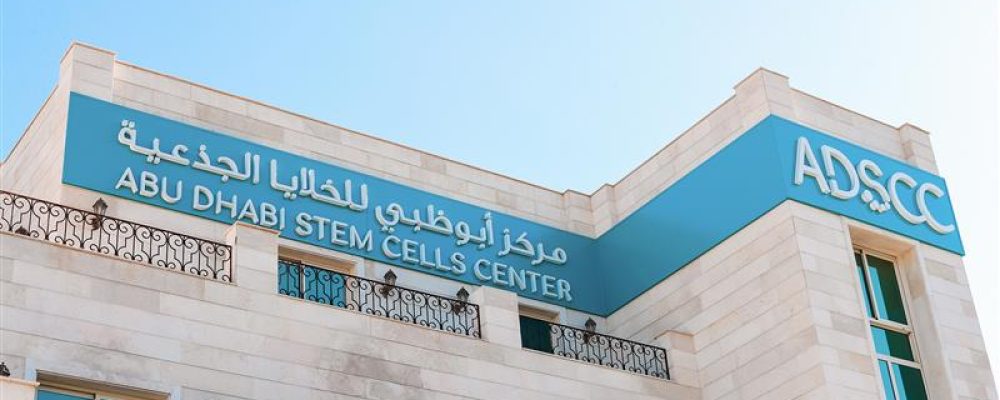For the first time in the Middle East, Abu Dhabi Stem Cells Center (ADSCC) has successfully performed Chimeric Antigen Receptor T-Cell Therapy (CAR-T) for a patient with systemic lupus erythematosus (SLE), marking a major step forward in personalized treatment for autoimmune diseases. This breakthrough offers new hope to lupus patients, a condition that causes the immune system to attack healthy tissues, leading to inflammation, pain, and damage to organs like the skin, joints, lungs, heart, and kidneys. Studies show that lupus has a global prevalence of 43.7 per 100,000 people and is notably common in the Middle East.
The 60-year-old patient had been living with lupus for over 10 years, relying on daily medications that caused significant side effects. Despite treatments, her condition worsened, with increased flare-ups requiring hospitalization and intensive care due to severe drops in red blood cell and platelet counts. CAR-T cell therapy became her only option to manage the disease and improve her quality of life which was performed at ADSCC.CAR-T therapy, successful in treating hematological malignancies, has also shown promise in autoimmune diseases like lupus.
In this groundbreaking treatment for lupus, the immune system’s primary defence cells known as T-cells were extracted and reprogrammed at ADSCC’s advanced GMP laboratories, one of the few facilities of its kind in the Middle East, to target and destroy rogue B cells causing autoimmune attacks. Once reinfused into the body via intravenous injection, these modified T-cells halted the disease and reset the immune system. The five-week treatment was performed at Yas Clinic operated by ADSCC, the only FACT-accredited center for cellular therapy processing in UAE and the Center of Excellence in Hematopoietic Stem Cell Transplantation, marking a transformative breakthrough for autoimmune disorders.Clinical trials show that patients with severe,treatment-resistant lupus achieved complete remission, remaining symptom-free for years without additional medication.
Prof. Yendry Ventura, CEO of ADSCC and Principal Investigator of ADSCC’s CAR-T Research Project, emphasized the transformative nature of this breakthrough.He stated,“Since 2023, ADSCC has pioneered CAR-T therapy in the Middle East, expanding its use from blood cancers to complex autoimmune diseases like Lupus. Our success in treating Lupus here in Abu Dhabi is a major milestone, made possible by our commitment to translational research and clinical trials. Guided by the UAE’s leadership, we are advancing cancer and autoimmune treatments using genetically modified immune cells, delivering life-changing care, eliminating the need to travel abroad, and bringing hope to patients across the region.”
Dr. Fatima Al Kaabi, the Executive Director of the Abu Dhabi Bone Marrow Transplant Program at Abu Dhabi Stem Cells Center, said, “This breakthrough in CAR-T therapy brings renewed hope to lupus patients and highlights our commitment to advancing personalized medicine with transformative treatments that improve patient health and well-being. This achievement strengthens the UAE’s position as a global leader in medical innovation and reflects the relentless efforts and expertise of our multidisciplinary team of rheumatologists, BMT experts, cellular scientists and others. We are proud to see the patient return to normal life, free from immunosuppressant medications.”
Three months after CAR-T therapy, the patient’s platelet count and hemoglobin levels are stable, and her symptoms have significantly decreased.
Despite advancements in pharmaceuticals, 10% of lupus patients continue to experience active flares, leading to severe organ damage and life-threatening complications. Several clinical trials using CAR-T therapy in SLE patients have shown significant clinical and laboratory improvements, with antibody levels declining and no flares or need for immunosuppressive medication after treatment. This indicates the state of drug-free remission and improved quality of life. ADSCC remains committed to advancing CAR-T therapy research and expanding its application to autoimmune and inflammatory conditions, aiming to transform treatment approaches regionally and globally.




